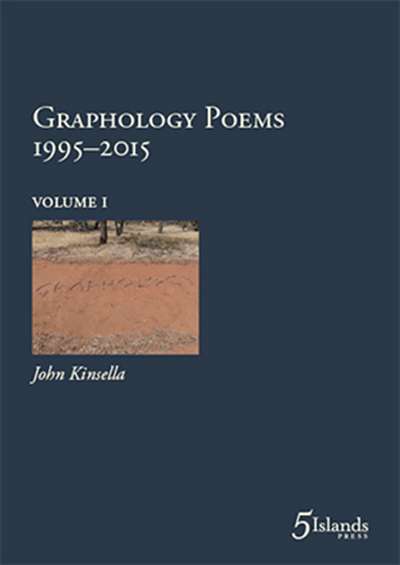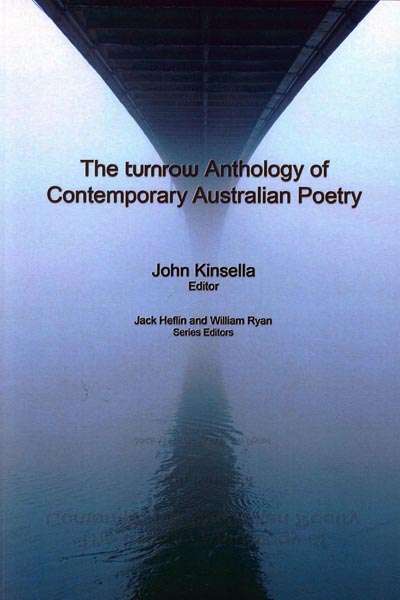Accessibility Tools
- Content scaling 100%
- Font size 100%
- Line height 100%
- Letter spacing 100%
John Kinsella
The ABR Podcast
Released every Thursday, the ABR podcast features our finest reviews, poetry, fiction, interviews, and commentary.
Subscribe via iTunes, Stitcher, Google, or Spotify, or search for ‘The ABR Podcast’ on your favourite podcast app.
‘Where is Nancy?’ Paradoxes in the pursuit of freedom
by Marilyn Lake
This week on The ABR Podcast, Marilyn Lake reviews The Art of Power: My story as America’s first woman Speaker of the House by Nancy Pelosi. The Art of Power, explains Lake, tells how Pelosi, ‘a mother of five and a housewife from California’, became the first woman Speaker of the United States House of Representatives. Marilyn Lake is a Professorial Fellow at the University of Melbourne. Listen to Marilyn Lake’s ‘Where is Nancy?’ Paradoxes in the pursuit of freedom’, published in the November issue of ABR.
Recent episodes:
A horizontal twister, but none of the dramatic life
and drop of hellraiser rides. Sedate, but vertiginous
enough to rearrange conceptions, open perceptions
to a very different York – those eucalypt canopies
a blur of recognition shifting the boundaries
In this episode of 'Poem of the Week' John Kinsella reads ‘A Spiral, After Blake's 'Roughly sketched figures ascend the stairways of Paradise.' (Paradise, Canto 10, lines 72-87)’.
... (read more)Jennifer Maiden's The Fox Petition: New Poems (Giramondo) conjures foxes 'whose eyes were ghosts with pity' and foxes of language that transform the world's headlines
... (read more)The Turnrow Anthology of Contemporary Australian Poetry edited by John Kinsella
How likely is it that the fellas who have
moved onto a place down the loop, who
are bricking their crossover, are named
Comatos and Lacon? That they have






